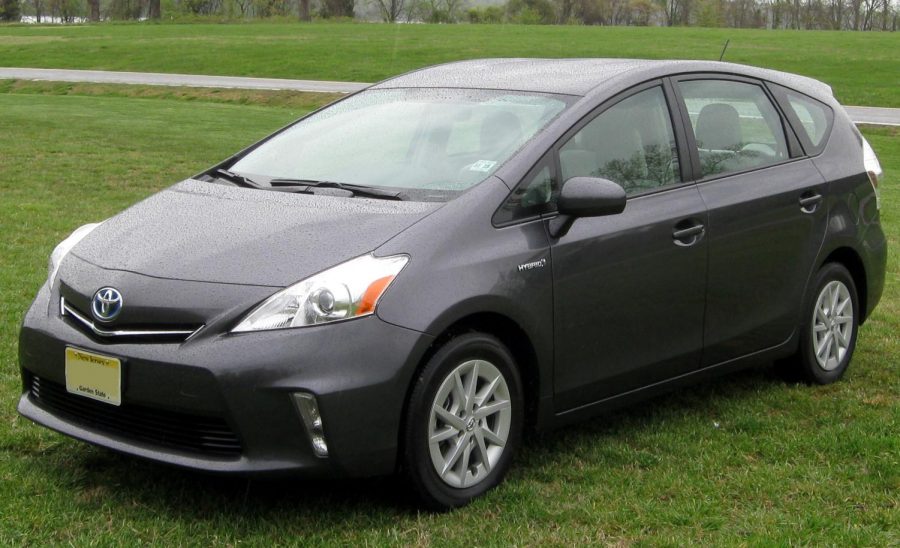The Hidden Environmental Impacts of Hybrid Cars
As the global warming crisis continues to worsen, an emphasis has been put on switching to electric cars to protect the environment. But they may be just as harmful.
Vehicles that run on fossil fuels emit toxic gasses that get into the atmosphere, which causes many environmental activists to see hybrids and electric cars as the answer. Although these cars do not emit the same toxic gasses, the process in which they are made is also bad for the environment. Much of this problem lays in the production of the batteries and the mining of the metals necessary to make them.
The composition of the batteries of an electric car consist of rare metals like lithium and cobalt. Why does this matter? Because these metals take a tremendous amount of effort and machinery to acquire, contributing further to carbon emissions.
Not only does the mining tax the environment, but the factory production of the batteries they are made into is even worse, according to The International Council On Clean Transportation.
“Lithium-ion battery production requires extracting and refining rare earth metals,” said the ICCT, “and is energy intensive because of the high heat and sterile conditions involved.”
Not only do the metals used to produce the batteries take up a considerable amount of energy, but much of the energy used is not clean energy.
“Most lithium-ion batteries in electric vehicles in Europe in 2016 were produced in Japan and South Korea, where approximately 25%–40% of electricity generation is from coal.”
Many statistics, including those found on Greentechmedia.com, back up that large-scale emissions are being produced by the production of electric cars and lithium ion batteries.
“2015, the latest year for which actual figures are available) were, on average, 20.4 percent too high for energy-related CO2 emissions, and 42.7 percent too high for coal consumption.”
From Northampton Mass, Senior Class president Nat Markey commutes to school in his Prius, speaking highly of its self-charging abilities.
“Our Prius recharges its own battery,” said Nat, “so we don’t have to plug it in and use energy from the grid.”
Nat acknowledged the harmful carbon emissions the batteries release, but said he still believes the benefits outweigh the concerns.
“I’ve heard that there is also significant carbon emission from making hybrid and electric car batteries,” said Nat, “But from what I’ve read, the increased fuel economy most likely outweighs this.”
Mike is a four year senior from Somers, Connecticut. He enjoys covering a lot of campus topics and campus news. His favorite person to interview is Franklin...













Jayesh Patel • Apr 20, 2021 at 8:56 PM
I think we need to look at the whole picture. Yes, the battery production might require more energy, but it is somewhat local and can be controlled at some point if not now. As long as, the wider distributed emissions from the cars is reduced, it is better for the environment overall, no doubt about it. Let’s tackle then the local issues of producing batteries with environment friendly way.